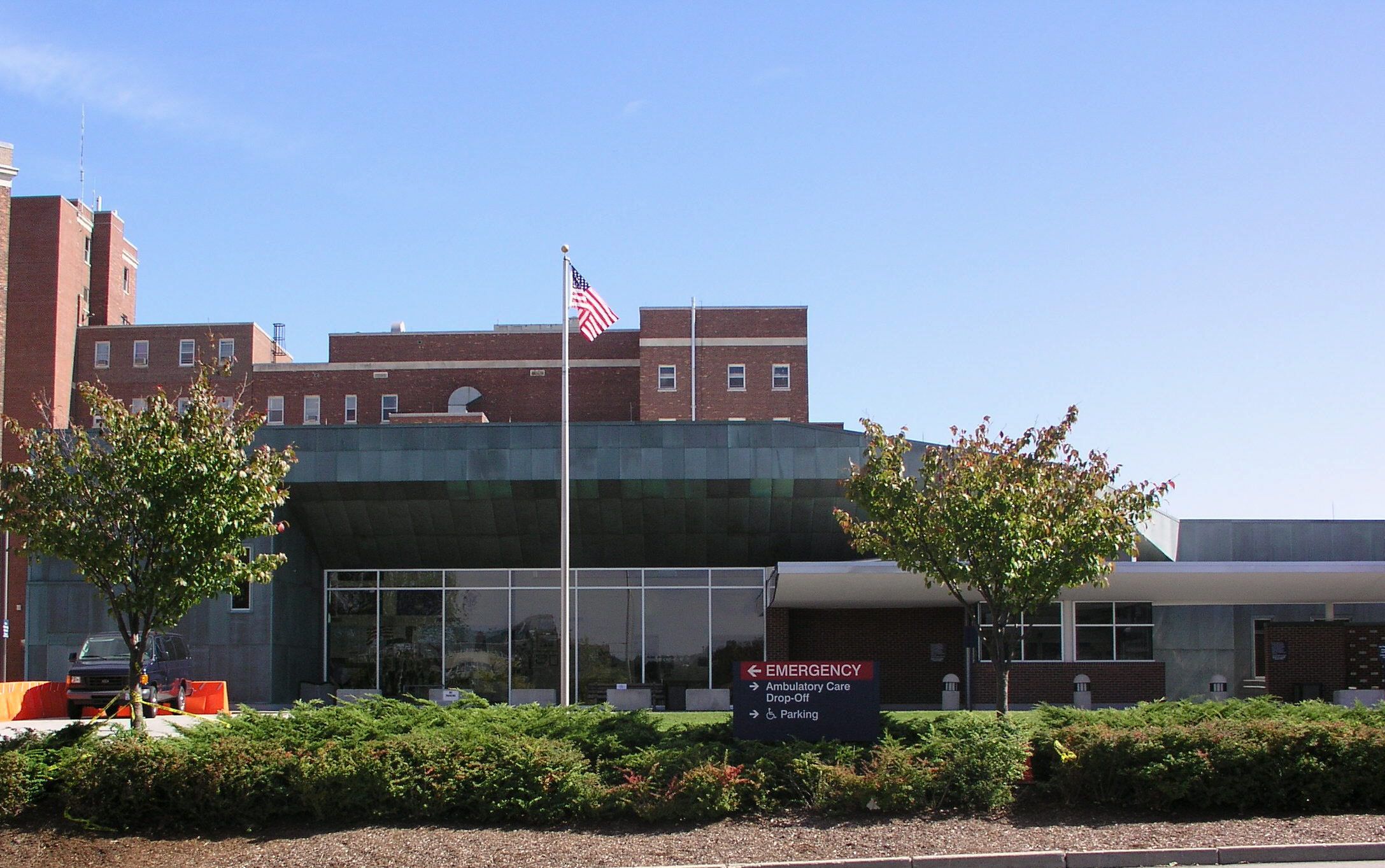Starting Jan. 17, all veterans will be able to access emergency mental health care free of charge at any Veterans Affairs medical facility or outside clinic, regardless of whether they are already enrolled in department health care services.
Department officials announced the new policy on Friday as part of nationwide efforts to prevent suicide among veterans. According to the latest department data, about 17 veterans a day die by suicide.
“Veterans in suicidal crisis can now receive the free, world-class emergency health care they deserve, no matter where they need it, when they need it, or whether they’re enrolled in VA care,” VA Secretary Denis McDonough said in a statement. “This expansion of care will save veterans’ lives, and there’s nothing more important than that.”
RELATED
:quality(70)/cloudfront-us-east-1.images.arcpublishing.com/archetype/R45RGADGSBDQ7DYWJTOD5UDJJU.jpg)
The new policy applies to all veterans with any separation status except a dishonorable discharge, regardless of whether they qualify for other VA medical services.
About 18 million veterans are living in America today, but only about half are currently enrolled in veterans health care through the department.
Since 2019, all VA medical facilities have been required to provide same-day access to emergency mental health care to veterans.
Under the new policy, VA will either waive costs for care or — in cases of visits outside the VA system — provide reimbursements for emergency mental health care. Those costs can include appointment fees, transportation costs and other related follow-up expenses.
The new plan also calls for VA to cover the costs of up to 30 days of inpatient or residential care for treatment of those mental health issues and up to 90 days of outpatient care if veterans are experiencing an acute suicidal crisis.
The move is based on legislation adopted by Congress nearly two years ago. House Veterans’ Affairs Committee ranking member Mark Takano, R-Calif., who authored the measure, praised the department on Friday for its implementation.
RELATED
:quality(70)/cloudfront-us-east-1.images.arcpublishing.com/archetype/76Q5EIJXT5HSNBNH4Q23IEA4AQ.jpg)
“This new benefit removes cost from the equation when veterans are at imminent risk of self-harm and allows them to access lifesaving care when they need it most, regardless of whether the veteran has ever enrolled in or used VA healthcare benefits,” he said in a statement.
“But there is more work to do. As we embark on a new year and a new Congress, I will continue to prioritize meaningful solutions to help save veterans’ lives.”
Suicide prevention has been a top clinical focus for Congress and the department for more than a decade, but progress on reducing the number of military and veterans suicides has been limited.
Veterans experiencing a mental health emergency can contact the Veteran Crisis Line through 988 or at 1-800-273-8255. Callers should select option 1 for a VA staffer. Veterans, troops or their family members can also text 838255 or visit VeteransCrisisLine.net for assistance.
Leo covers Congress, Veterans Affairs and the White House for Military Times. He has covered Washington, D.C. since 2004, focusing on military personnel and veterans policies. His work has earned numerous honors, including a 2009 Polk award, a 2010 National Headliner Award, the IAVA Leadership in Journalism award and the VFW News Media award.

